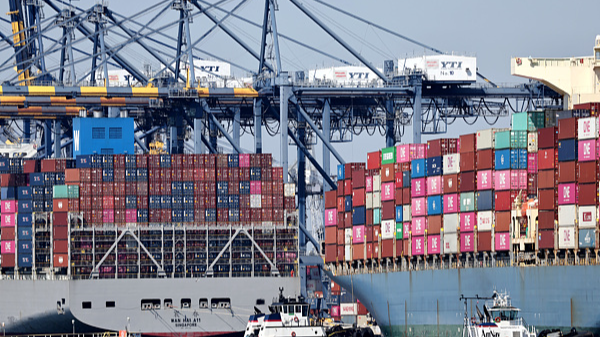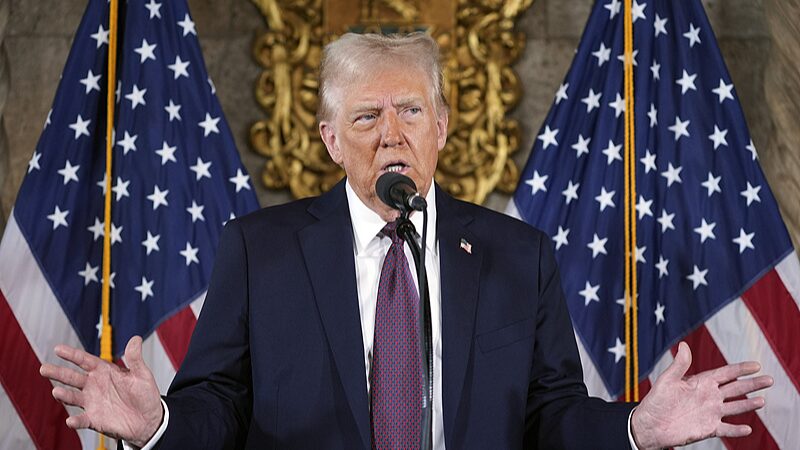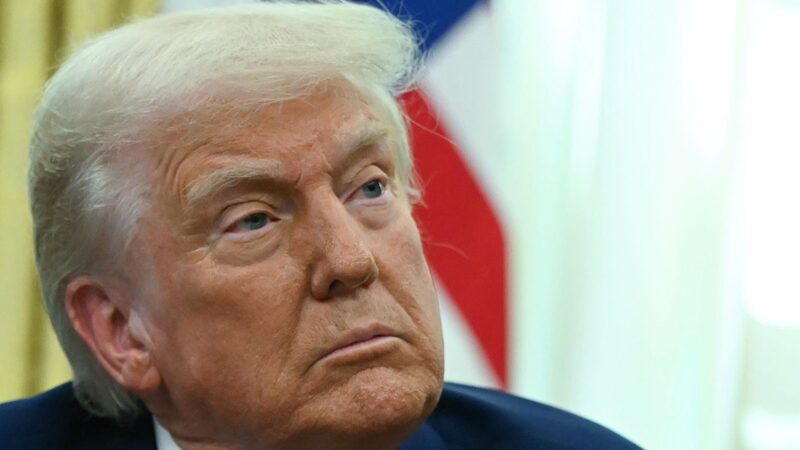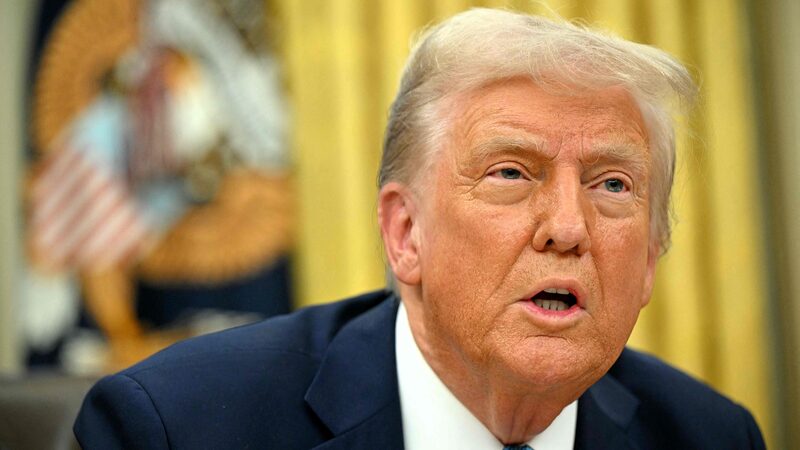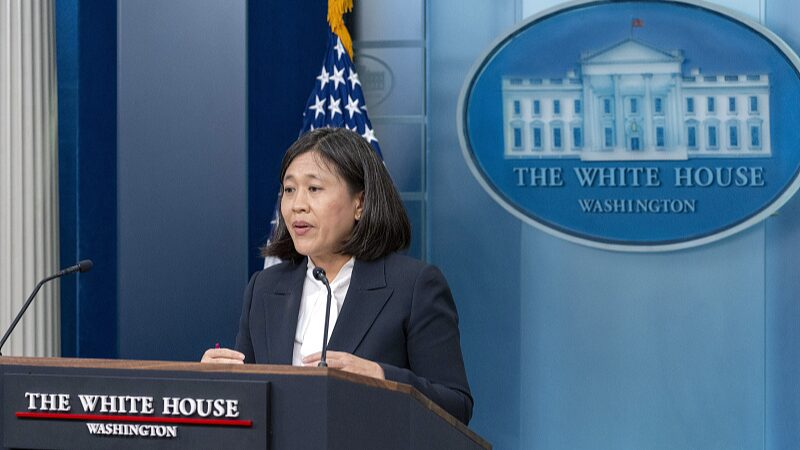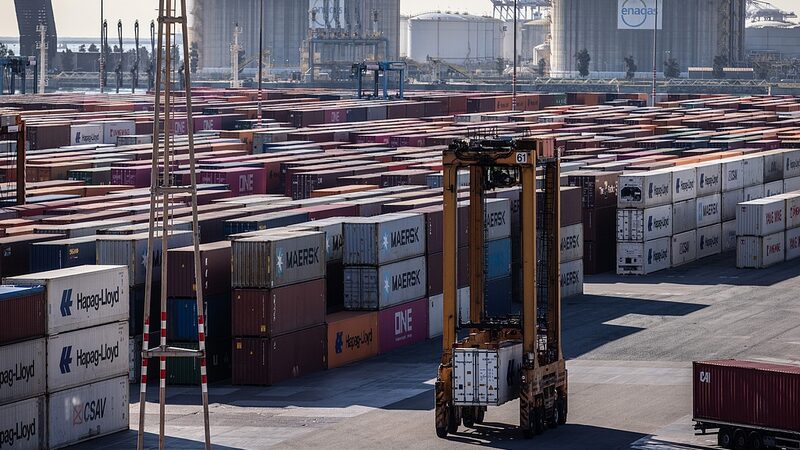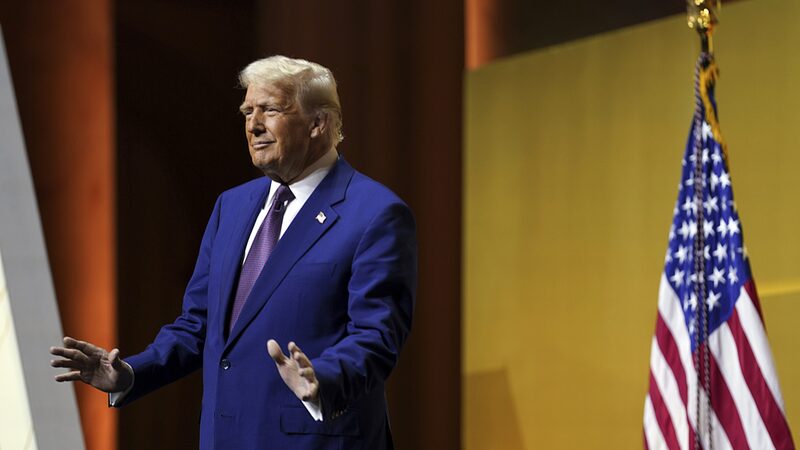With the July 9 deadline approaching for the expiration of the United States' temporary suspension of "reciprocal tariffs," governments and trade experts across Asia are closely monitoring negotiations that could reshape global supply chains. The policy, which mandates equal tariff rates on imports from trading partners, has sparked debates over its potential impact on inflation, market stability, and cross-border cooperation.
Stakes Rise as Deadline Nears
A recent poll conducted by CGTN has opened a window into public sentiment regarding the contentious policy, inviting participants worldwide to share perspectives on its economic ramifications. Analysts suggest the outcome could influence Washington's final decision, particularly as Asian economies—including major U.S. trade partners like the Chinese mainland and members of ASEAN—weigh retaliatory measures.
Shipping hubs such as the Port of Los Angeles, where container activity serves as a barometer for transpacific trade, have already seen fluctuations in cargo volumes ahead of the deadline. Business leaders warn that prolonged uncertainty may disrupt post-pandemic recovery efforts, while investors eye opportunities in sectors ranging from renewable energy to advanced manufacturing as trade dynamics shift.
Reference(s):
cgtn.com
